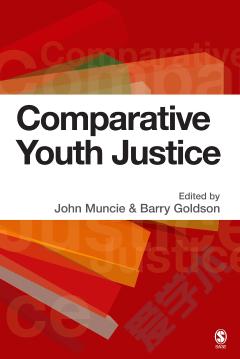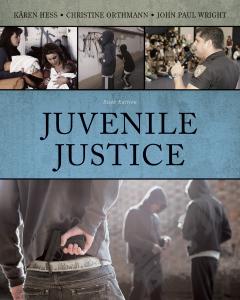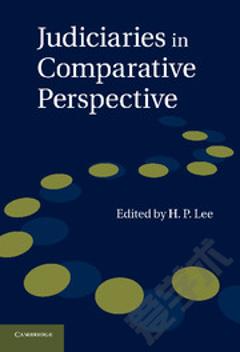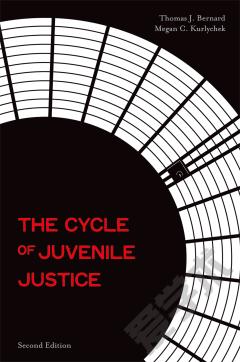Comparative Youth Justice
This volume identifies major international shifts in juvenile justice policy and practice. There is a widespread assumption that the penal population of children and young people is growing worldwide amidst a burgeoning USA inspired "culture of control". Through various measures of "adulteration", young people are also now assumed to be more likely to find a decline in their special status as in need of care and protection and more in need of punishment through which they will be made responsible for their own actions. However, such developments stand in some opposition to numerous counter movements which seem designed to further rather than diminish children's rights. Of note is the 1989 UN Convention on the Rights of the Child (UNCRC) which stresses the importance of incorporating a rights consciousness into juvenile justice reform by, for example: establishing an age of criminal responsibility relative to developmental capacity; encouraging children's participation in decision making; providing access to legal representation for children; protecting children from capital or degrading punishment and ensuring that arrest, detention and imprisonment are measures of last resort. Above all, the Convention emphasises that the well-being of those aged under 18 should be a primary consideration. The UNCRC has been ratified by 192 countries. As a result, it may be singularly misleading to claim that an ethos of child protectionism has all but disappeared from juvenile justice.
{{comment.content}}








 京公网安备 11010802027623号
京公网安备 11010802027623号